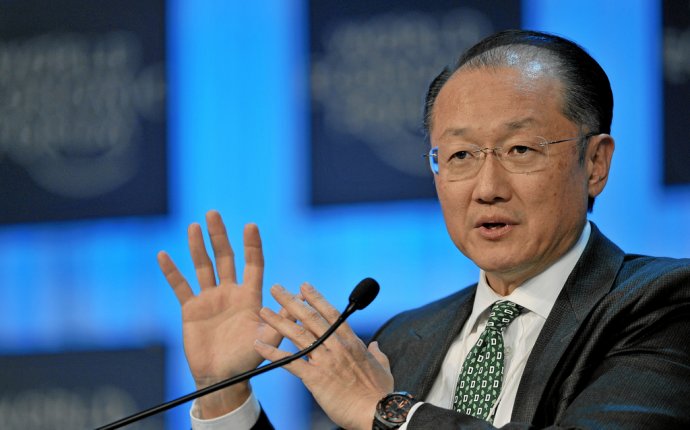
World Bank Education Strategy
Last Friday I spoke at this event “What Works in Education”, a research colloquium sponsored by the World Bank, J-PAL, and USAID (which, like the World Bank, has recently released a new education strategy). Among the impressive group of participants: Abhijit Banerjee, Rukmini Banerji, Paul Glewwe, Francisco Ferreira, and Michael Kremer.
The colloquium focused on using evidence in education policy – as World Bank President Bob Zoellick said in his opening remarks, quoting Michael Bloomberg, “In God we trust – everyone else bring data.”
Here’s the cleaned-up version of what I said, including a bit more than I had time to say in my six minutes. I focused on the new World Bank strategy for education, called Learning for All.
First, what I like about the new strategy (wonderfully conveyed in the three-minute video that Beth King, who heads the education group at the Bank, introduced – watch it here).
The strategy and the video say it’s time to focus not on inputs to school systems but on the key outcome education investments are meant to produce, i.e. learning. The World Bank and the development community have come a long way from the decades-long era (1960-2000) of mostly building schools and training teachers. (I turned down my first job offer at the Bank in 1979, from an Education Division, because it seemed to be mostly about building schools and the associated procurement rules.)
Second, I said what I hope this new strategy means for World Bank (and USAID and other official donor agencies’) operations. If the strategy is to have impact, it should upend completely traditional Bank support for education - from financing inputs to financing the key outcome: increments of independently verified additional learning (as in Cash on Delivery Aid). Financing progress on the outcome of learning should happen after the fact – e.g. at the end of each year; independent of HOW countries manage progress; and ought to be structured to pay not only when children in school (private as well as public) learn more, but when adolescents living in the streets learn more, or illiterate mothers, or agricultural laborers, or for that matter university students learn more.









